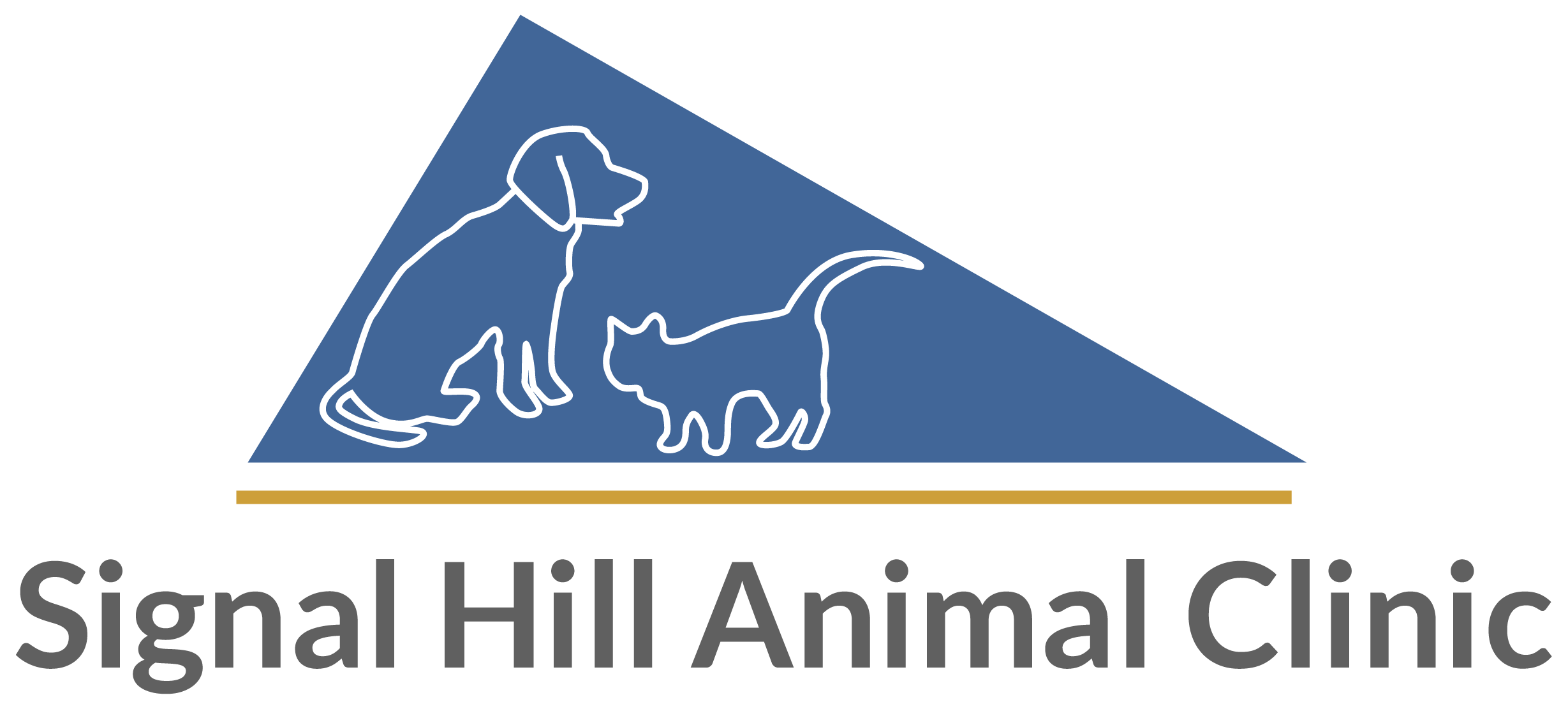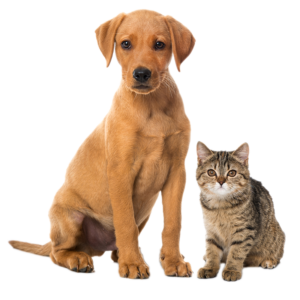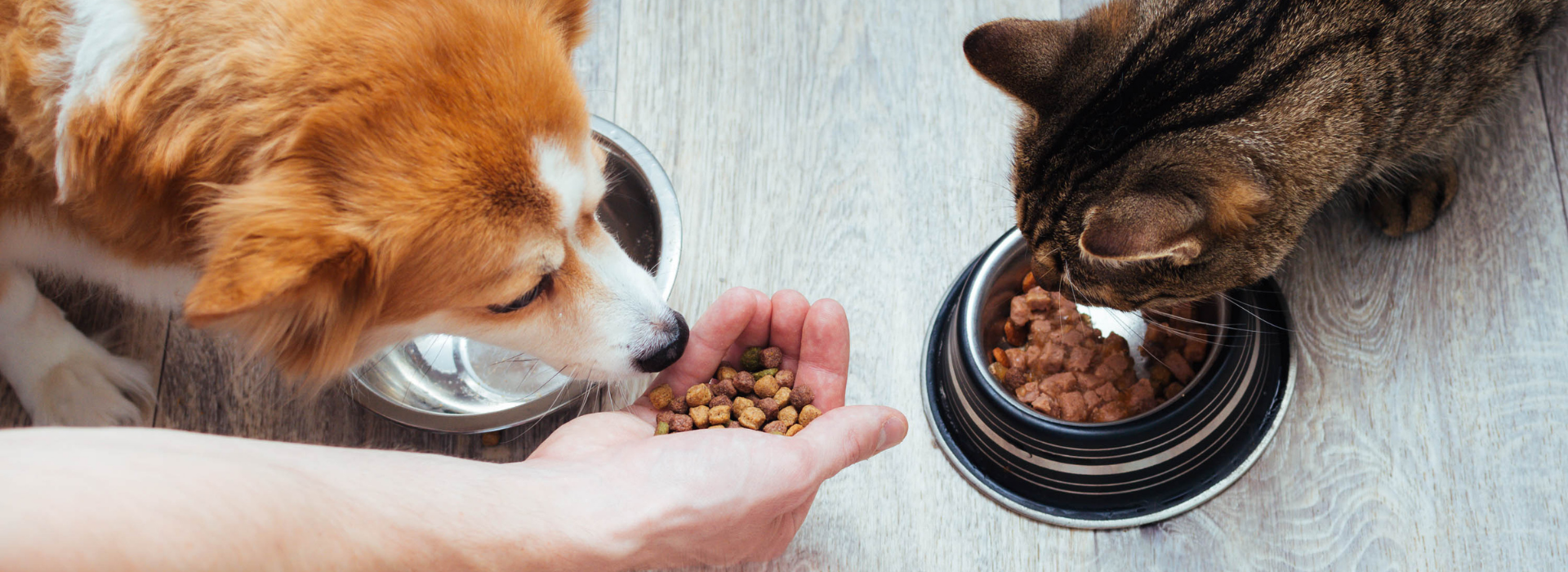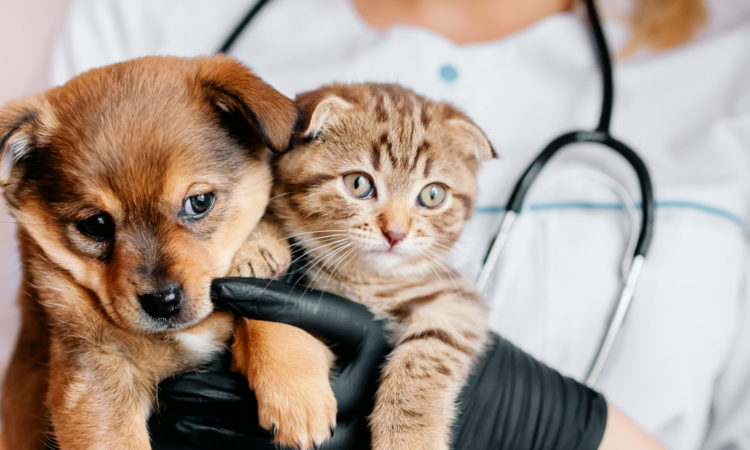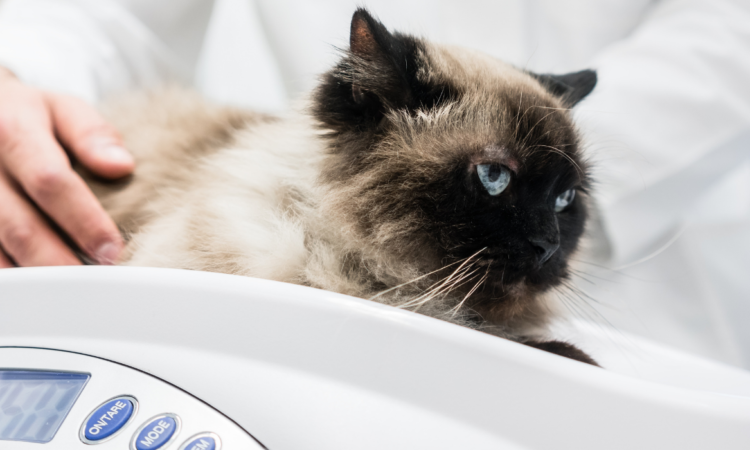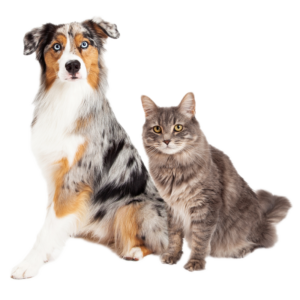Good nutrition ensures your pet develops to their full potential and has a healthy life. Improper nutrition can cause nutrient deficiencies and weight problems and can make your pet more susceptible to illness. We offer nutritional counselling to ensure our patients don’t miss out on a balanced diet and healthy eating habits. All pets need regular nutritional checkups as they are constantly growing and have different dietary needs.
Why is nutrition counselling necessary?
Nutrition counselling is a dietary checkup with a veterinarian who specializes in nutrition. At our clinic, our veterinarians are knowledgeable on the nutrition that your pet needs to develop properly and stay healthy. During the appointment, the veterinarian will ask questions about your pet’s diet and eating schedule. Pet owners also have the opportunity to ask questions about new foods they would like to add to their pet’s diet. At the end of the appointment, pet owners will have information about the following:
- Decoding nutrition labels
- Allergies that their pet has
- Weight issues due to nutrition
- Healthy eating habits such as amount and frequency of meal times
- Special nutrition for pets with medical conditions like diabetes
Are home-cooked diets good for my pet?
Yes! Providing raw and cooked meals for your pet can provide them with good nutrition. Veterinary nutritionists only encourage fresh and whole diets if a fully balanced diet is provided. Adding fresh, balanced meals to your pet’s diet can keep them healthy and happy.
What substances are toxic for my pet?
While providing home-cooked meals to your pet may be beneficial, many foods and substances within the home can be harmful. Many of the foods humans eat are poisonous and can cause allergic reactions in pets. Here are some foods and substances that can be dangerous if ingested by your pet:
- Some human foods like garlic, onions, grapes, macadamia nuts, alcohol, sugar-free candy/gum, chocolate, and avocados
- Plants – Lilies, tulips, and azaleas; even drinking the water of these plants can be toxic for your pet.
- Human medications – Ibuprofen, acetaminophen, and herbal supplements
- Cleaning products, gardening supplies, and pesticides
If you believe your loyal companion has ingested any toxin, they need to see a veterinarian immediately. Call us at 403-249-3411 for urgent care.
